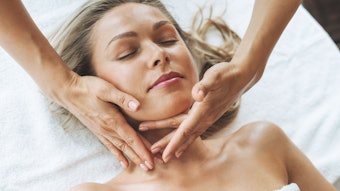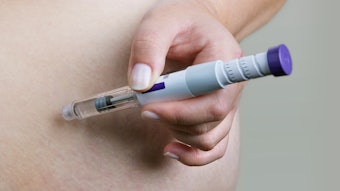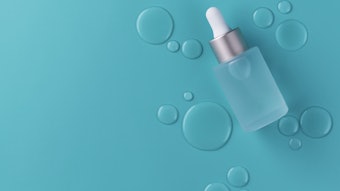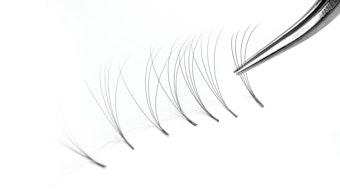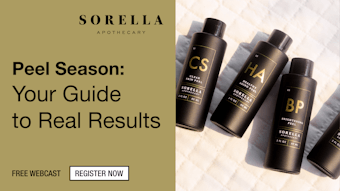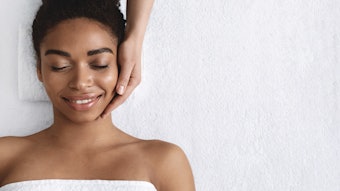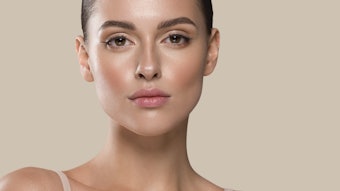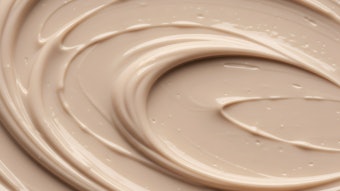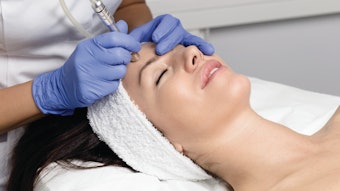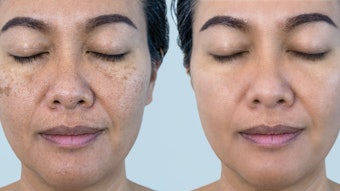Given the current economic climate, many Americans are feeling the stressful effects of the financial decline. David Bank, MD, founder and director of the Center for Dermatology, Cosmetic and Laser Surgery in Mt. Kisco, New York, and author of Beautiful Skin: Every Woman’s Guide to Looking Her Best at Any Age, sheds some light on the negative effects of stress on the skin and easy ways to improve your clients' tension levels to save their looks. “Ongoing stress has the body continually churning out hormones on a regular basis, causing the body’s organs, most noticeably the skin, to be over stimulated,” explains Bank.
Stress’ terrible toll on the skin
- Zits. Hormone receptors connected to the acne sebaceous oil gland are triggered by stress hormones. The stimulated gland increases oil production, causing pimples and breakouts.
- Worry wrinkles. Tensing and tightening of the muscles squeezes and pinches the overlying skin, creating wrinkles and lines.
- Grinding teeth. Jaw tension will create lines and wrinkles as skin is pinched and collagen is broken down.
- Hair loss. Normally, follicles are small and resting, or active and growing, but stress shocks the system, throwing off the cycle causing follicles to sleep longer rather than produce new hair. Once they wake up, the old hair falls out. The same effect is true for eyebrows and eyelashes.
- Increased free radicals. Stress causes blood vessels to constrict, causing a shunting of blood away from the skin as blood focuses on internal organs. Lack of blood leaves skin vulnerable to assault from the sun, cigarette smoke and other outside pollutants that create free radicals.
How to help
- Remember sunscreen to protect your skin from free radicals from the outside world.
- Antioxidants applied topically and consumed orally are important. Old standbys include vitamins A, C, E, lycopene, coQ10, idebenone, green tea and grape seed extract.
- Vitamin B will stimulate hair growth.
- Botox has become a go-to stress-reducer. Not only do people feel better when they look their best, but medically, Botox helps muscles relax. There is a biofeedback between muscles and the brain, so if muscles aren’t tense, the brain interprets the quietness as calm and lets its guard down.
- Learn to Relax. Find a method to calm your central nervous system and mind to give stress hormones a chance to switch off, such as meditation, quiet time or exercise.
